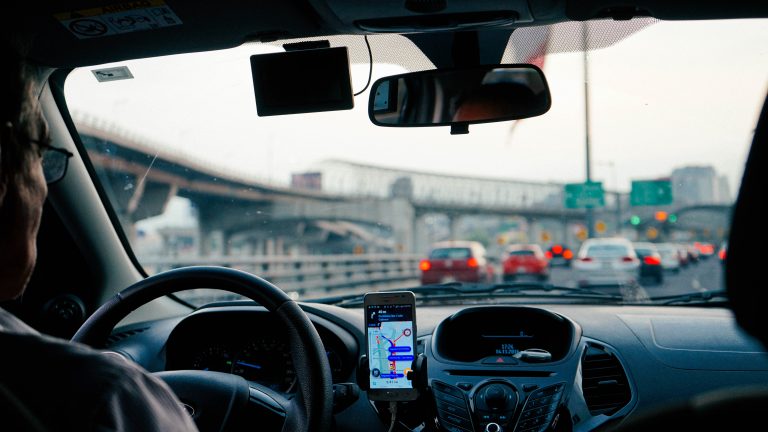In the case of Uber BV and others v Aslam and others in the Supreme Court, the main question raised was whether an Uber driver is a “worker” for the purposes of employment legislation which gives “workers” rights to be paid at least the national minimum wage, to receive annual paid leave and to benefit from certain other protections. The Supreme Court also considered the related question of what time counts, if drivers are “workers”, as working time for the purpose of the relevant rights.
The claimants, Mr Aslam and Mr Farrar, at the relevant times were licensed to drive private hire vehicles in London and did so using the Uber app. Their claim was brought in the employment tribunal as a test case to establish their employment status. At the time of the tribunal hearing in 2016, the number of Uber drivers operating in the UK was estimated to be around 40,000, of whom around 30,000 were operating in the London area.
The definition of a “worker” in section 230(3) of the Employment Rights Act 1996 and other relevant legislation includes anyone employed under a contract of employment but also extends to some individuals who are self-employed. In particular, the definition includes an individual who works under a contract “whereby the individual undertakes to do or perform personally any work or services for another party to the contract whose status is not by virtue of the contract that of a client or customer of any profession or business undertaking carried on by the individual”.
The employment tribunal found that Mr Aslam and Mr Farrar satisfied this test and worked under worker’s contracts for Uber London. The Employment Appeal Tribunal and the Court of Appeal (by a majority) dismissed Uber’s appeals.
This provides summary information and comment on the subject areas covered. Where employment tribunal and appellate court cases are reported, the information does not set out all of the facts, the legal arguments presented and the judgments made in every aspect of the case. Employment law is subject to constant change either by statute or by interpretation by the courts. While every care has been taken in compiling this information, we cannot be held responsible for any errors or omissions. Specialist legal advice must be taken on any legal issues that may arise before embarking upon any formal course of action.






